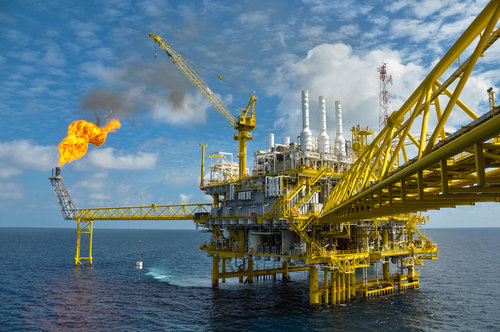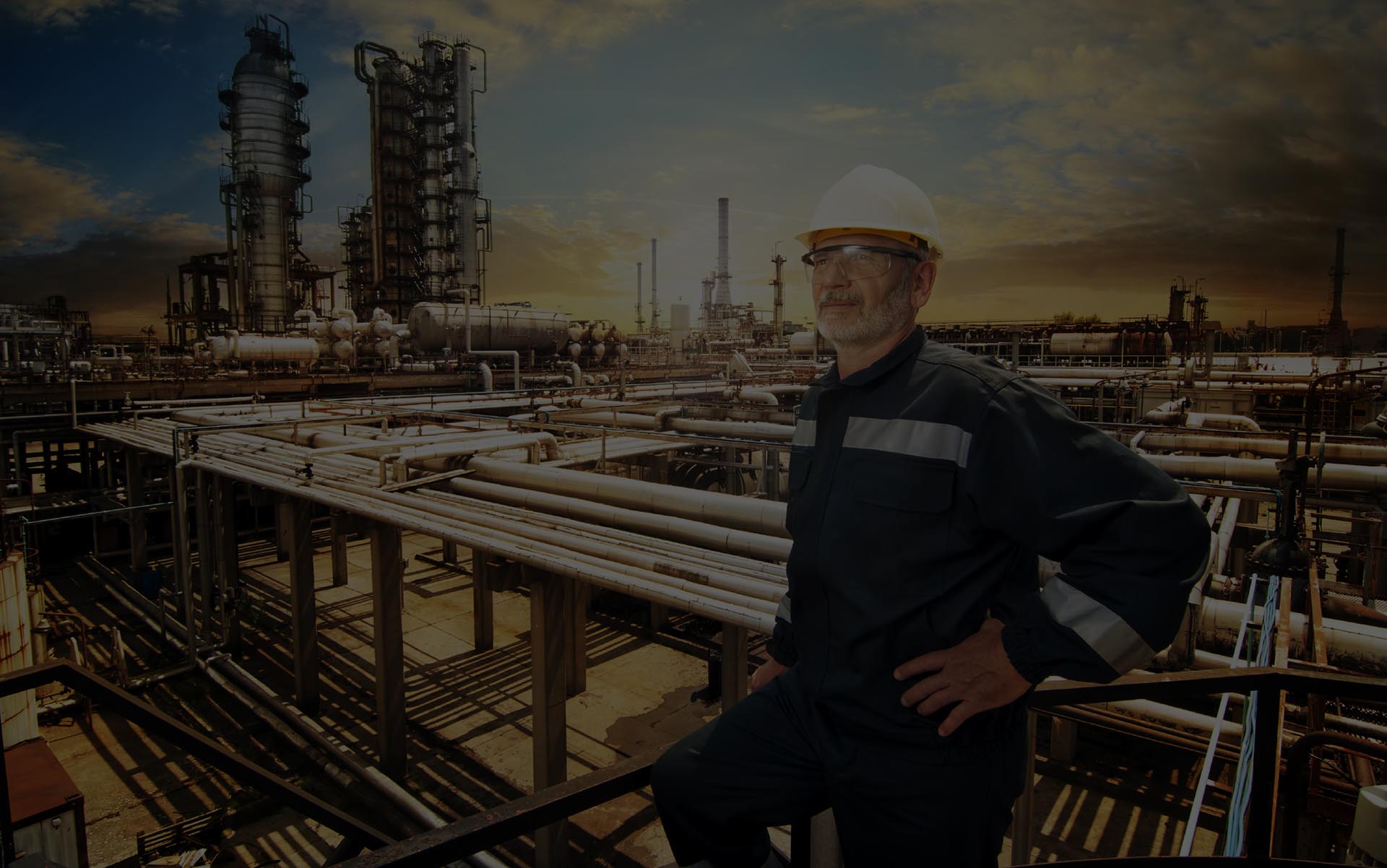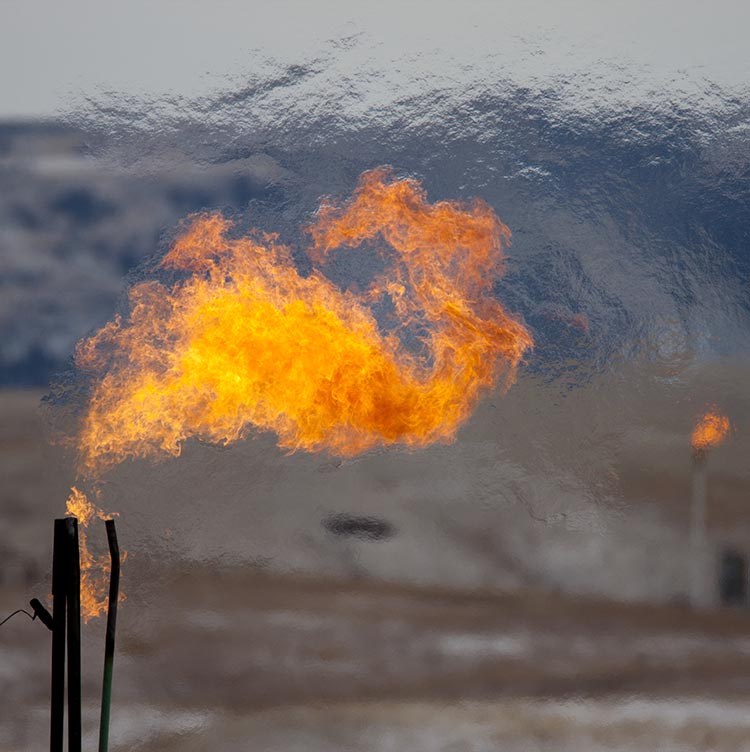Unlocking the Dollars: How Mobility@Work's New Solution for Anadarko Petroleum Transformed Headaches into Huge Savings
Anadarko presented publicly on this topic at the Produced Water Management Marcellus and Utica Congress 2016 in Pittsburgh, PA
Transforming Operations, Empowering People

The Headache

"I think we’re off eight to ten barrels per load.”
An engineer at Anadarko Petroleum had a feeling he was paying more than he should to haul water used in the hydraulic fracturing process.
Manual data entry was making it tough to track the process and ensure that every barrel he paid to remove was really hauled away.
Most water haulers in the Marcellus/Utica area can carry a maximum of 110 barrels of water per load and the engineer noticed that almost every invoice he received was for the maximum amount. He suspected his company was overpaying, but he didn’t have hard data to support the guess.
Alex Gelsick, an energy consultant for Mobility@Work, was sitting across the table having coffee with the engineer:
"Would you mind if we had a look?”

Background
Anadarko is one of the largest oil and gas exploration and production companies in the world.
They employ approximately 5,800 men and women and expect to invest between $2.6 and $2.8 billion to find and develop oil and natural gas resources, according to the Anadarko website.
As of year-end 2015, the company had approximately 2.06 billion barrels-equivalent of proved reserves.
Fracking requires a tremendous amount of water.
According to a recent study by the Environmental Protection Agency, horizontal shale gas wells require more than 4 million gallons of water per well. Oil and gas companies pump that water– along with chemicals and sand– into the shale formation at high pressure to fracture the formation, which releases natural gas trapped in the formation.
Most of the water returns to the surface– along with salt and other contaminants– where it is collected for recycling or disposal.
Oil and gas companies rely on water hauling contractors to get the water to and from the well site.
The Problem
After water is used in the fracking process it is stored in large tanks at the well site.
When the tanks reach a certain level, the oil and gas company calls a water hauling contractor to schedule a pickup and the driver arrives with a paper manifest to record the amount of water he’s hauling.The hauler’s trucks typically don’t have flow meters that indicate how much water is pumped into the truck. As a result, the haulers record the amount of water they think they pumped into their truck (s110 barrels) on their paper manifest.
Anadarko has publicly presented research on the difficulty of this process at a produced water management conference. It ended up costing them twice.
Once when the hauler dropped off the load, Anadarko was charged for 110 barrels even if the truck only had 98 barrels. The second charge hit when the hauler had to make an extra trip every 9 to 10 loads.
Anadarko didn’t have enough resolution on their SCADA data to accurately audit the invoices.


The Test
Mobility@Work conducted a two-week test to determine whether the engineer’s fears were true.
The study showed an even wider gap than the engineer suspected.
“We discovered that the data wasn’t off by eight to ten barrels per load, it was off by 12 to 19 barrels per load,” concluded Alex Gelsick, the Mobility@Work energy consultant who sat down with Anadarko engineers.
After collaborating with Anadarko Petroleum’s team, Mobility@Work uncovered the four problem areas:
- Manifest data collection
- Scheduling
- Reporting
- Invoice reconciliation
The Solution
“What if we digitized the manifest?” asked the Anadarko engineer.
Understanding Mobility@Work's core capabilities around using data and advanced analytics to drive operations outcomes, the engineer’s suggestion would provide accurate, near real-time data on the amount of water hauled by each truck
This data would help streamline the scheduling and invoice reconciliation process as well.
The team developed an app called Mobility@Work that haulers can install on their smartphones or tablets.
In areas where cellular coverage is poor– a relatively common occurrence in the remote oil and gas well areas– the app can operate offline and upload the recorded information when the driver returns to an area with good cellular coverage.
The app provides Anadarko with the data and analysis tools to apply their company’s operational expert knowledge.
“We gain in efficiencies and time saving through the front end integration,” said the Anadarko engineer.
The Savings
Anadarko has publicly shared their excitement about what happened next.
During the two-week test, a 12 to 19 barrel discrepancy was found per load.
This is a significant amount of money in water hauling as the days, weeks and months of loads add up.
In the end, by using Mobility@Work instead of a paper trail, the savings for Anadarko was $1.6 million in water hauling costs.
And that’s just the direct savings in water hauling.
There’s also huge value to the amount of time and personnel savings by having the mobile solutions do the work that used to be done by hand.
“We’re able to focus on things other than billing,” said the Anadarko Engineer.
Anadarko also appreciated the efficient process created by the solution. The work cycle of hauling water would no longer be disconnected and separated by different processes.
“Scheduling to invoicing with this solution – it’s all automated,” said the Anadarko Engineer.

The Broader Effect
In this case, Mobility@Work was asked to solve a complex data problem and the solution involved collecting, storing and acting on data.
Once the team was able to do enough research to find the problem and provide the company with valuable insight into their operation, Mobility@Work tested the solution to make sure it would bring value.
Time and time again Mobility@Work clearly showed the savings for this energy company but the solution and service can be applied to many different fields. It’s about maximizing your usage of information to empower people to make better decisions, while making a process more efficient at the same time.
Mobility@Work enlightens companies to data integration systems that can truly help them see their company operations more clearly and if there isn’t a current technology fit, we create the solution ourselves.
Information management is overwhelming most organizations and in operational technology it’s even more complicated.
With Mobility@Work, we offer an innovative, mobile solution for a common problem that saves companies big dollars and prevents major headaches for the people who work there.
Like Anadarko, many companies recognize when they have a problem. Sometimes they even know the solution they want. But the tough part is building the framework around how that answer will work and live in your company every day.

